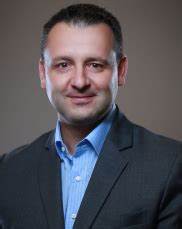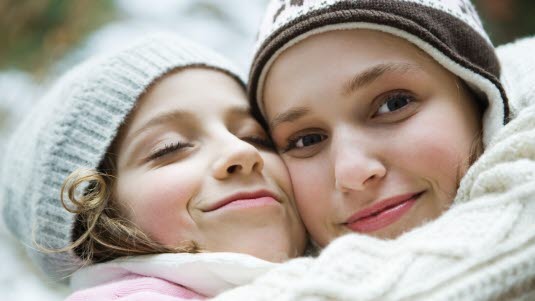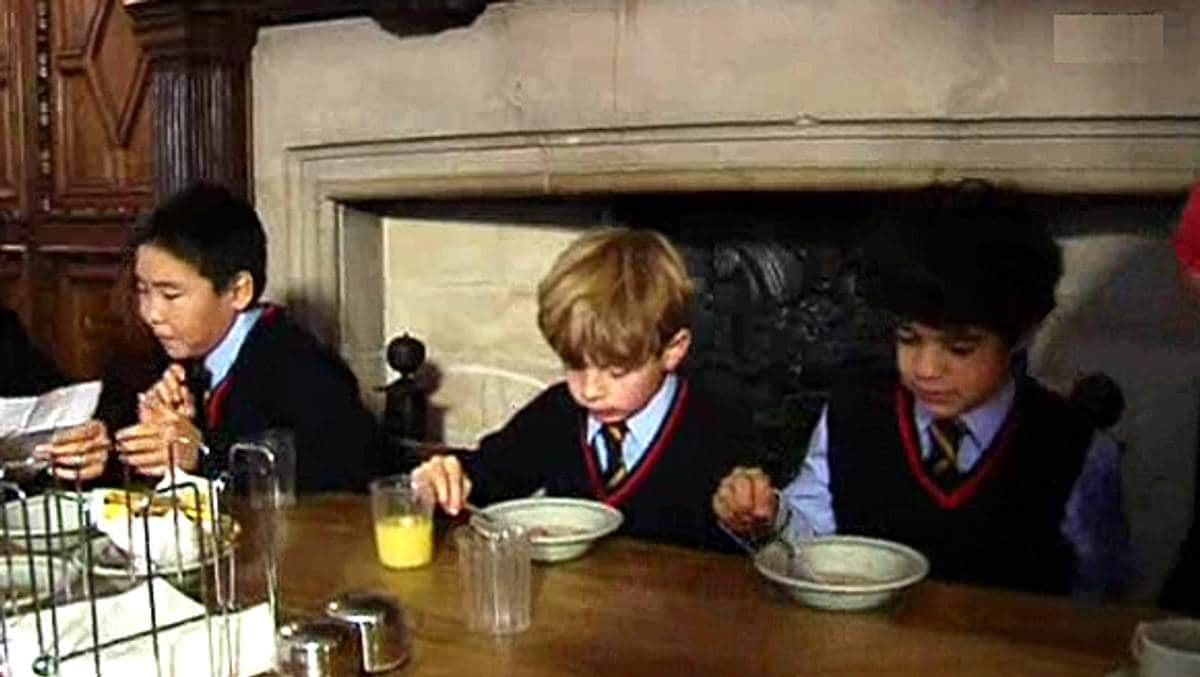The study was published in the journal PLOS ONE at the end of December 2012.
At the top of the list of what parents want for their children is that they be happy, behave well, and be liked. Not only do the results of this study match these desires, but they also show that goals can be achieved by following any of the desires.
Three beautiful things per week
We already know that those who are happy more often do things for the community and have good friends more often. Based on this, the authors wanted to take a closer look at whether doing pleasant things could increase not only happiness, but also popularity among students.
The study was carried out in 19 different school classes in Vancouver, Canada. The children, aged 9 to 11, were divided into two groups. One group had to do three kind things to others per week for a month. This could be, for example, giving someone a hug, bringing the shopping bags home, or sharing your school lunch with someone.
The other group had to go to three different places every week, for a month, and write it down in a journal. This could be, for example, a shopping center, a visit to grandmother’s, an outing to a sports club, etc.
Increased well-being
A month later, the children were asked to talk about how they felt. Although both groups experienced increased well-being during the month they completed these tasks, members of the group showing kindness to others were more often chosen by their classmates as someone they would be with. wanted to hang out and do school activities.
The authors believe the findings are important in terms of the relationship between peer acceptance and social and academic outcomes. Additionally, it can reduce harassment. Both parts constitute discoveries from which teachers can particularly benefit, for example by regularly assigning such tasks to the class.
- Layous K, Nelson SK, Oberle E, Schonert-Reichl KA, Lyubomirsky S. Kindness matters: Incentivizing prosocial behavior in preadolescents boosts peer acceptance and well-being. PLOS ONE 2012. www.plosone.org

“Tv guru. Analyst. Lifelong alcohol junkie. Friendly bacon specialist. Twitter nerd.”







